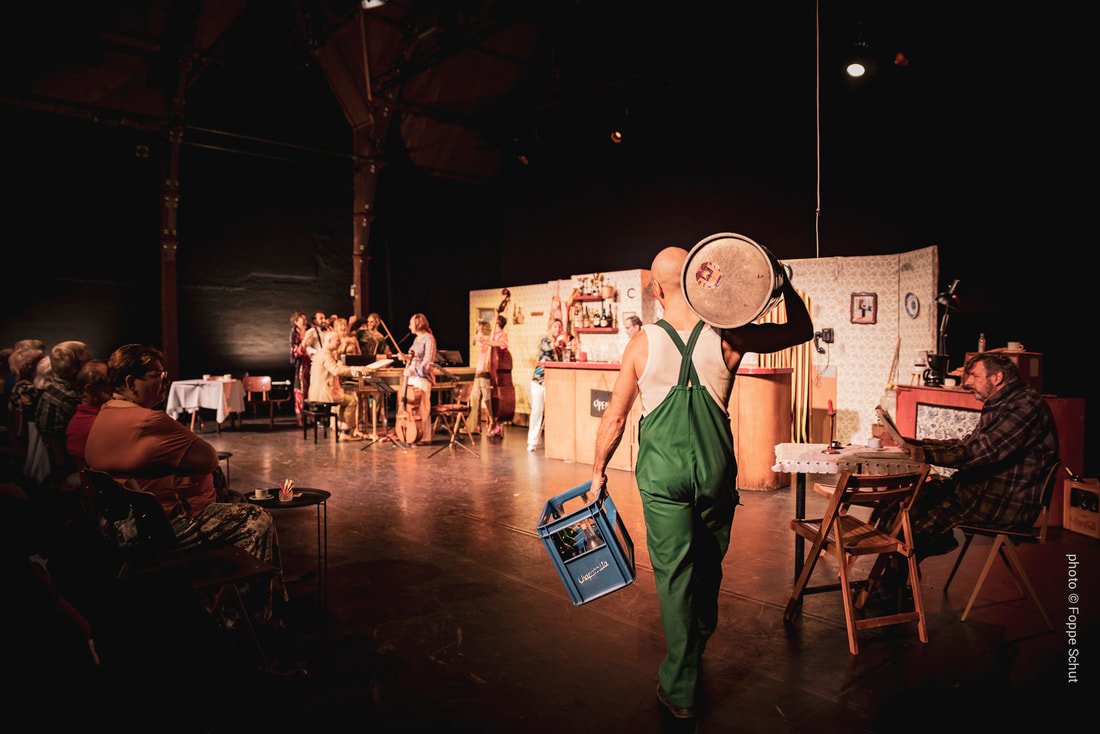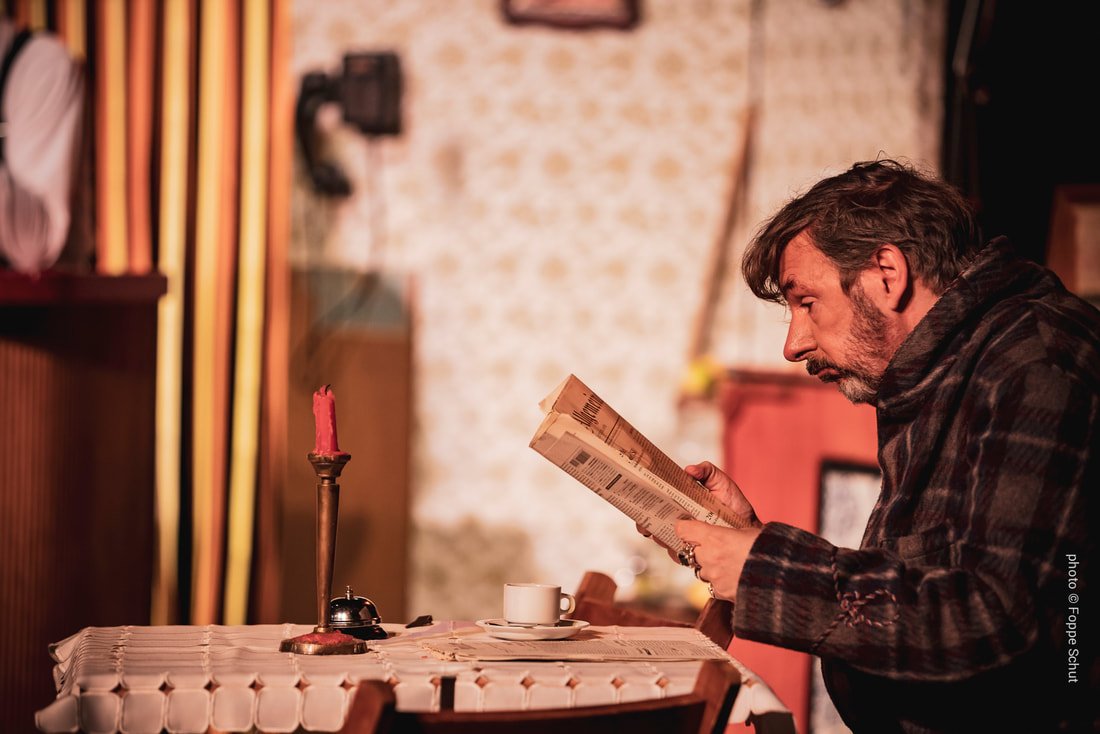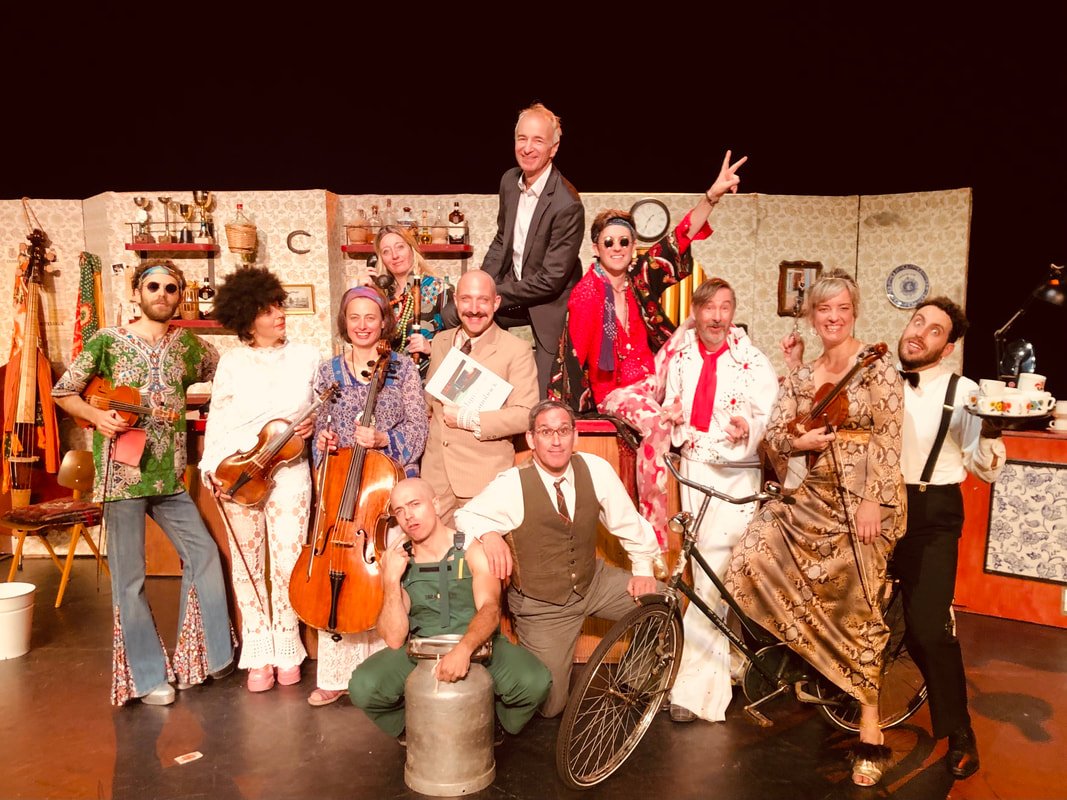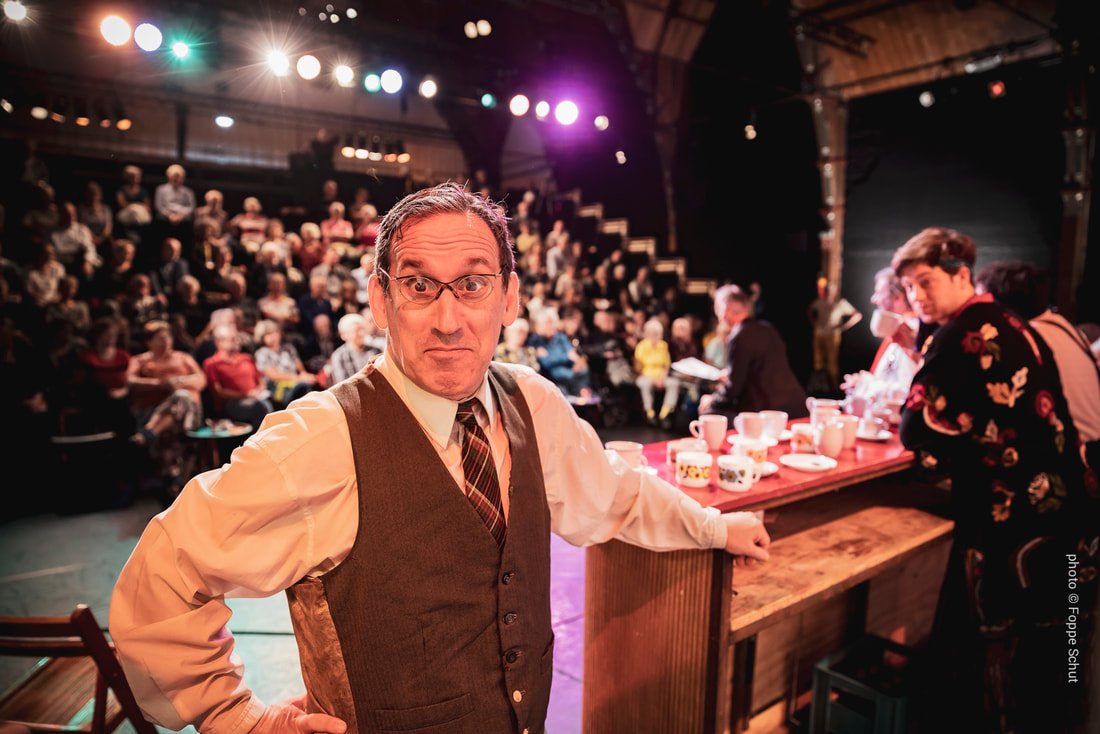
BACH'S COFFEE CANTATA
A GAME ABOUT EMANCIPATION
#surprise #acceptance
Johann Sebastian Bach was a gifted storyteller. Since he was employed as a Thomaskantor in Leipzig, he spoke mainly about the Lutheran faith and about the eternal things of human life: suffering, hope and redemption. But that doesn't mean he didn't have other things to say. Stories of everyday life, stories of love and pleasure, even addiction and longing. The “Cantata de Café” is perhaps the most famous of them.
Bach's lyricist Picander, who also wrote texts for the St. Matthew Passion and many other cantatas, published his little scene in 1732. The main characters are the young Liesgen and her father, Herr Schlendrian. Liesgen is addicted to coffee. And her father tries with all kinds of tricks, with blackmail and seductions, to dissuade her daughter from her vice. Nothing works, only when he promises her a husband does Liesgen vow to give up drinking.
Art House wondered how to rekindle the stinging wit of the old work today. What if Liesgen is not a young woman but a young man? The question of the relationship between Liesgen and her father would then also be the question of coming out.
Thomas Höft, Adrian Schvarzstein and Michael Hell supplemented Bach's half-hour cantata with a lot of almost exclusively Bach music and set it in a café in 1976. A son discovering new freedoms and his hippie friends turn a very traditional establishment upside down and not only do they teach initially overwhelmed staff the opportunities that can lie in openness and camaraderie, but they also learn for themselves that there can be attitudes other than hedonism that deserve respect.
Soprano Philipp Mathmann and baritone Dietrich Henschel create a coming-of-age story with many serious overtones and even more exuberant playing joy, acrobat Didac Cano spins a captivating Badinerie with the jump rope and Adrian Schvarzstein and Thomas Höft they contribute surprising stage surprises. which wowed the audience in the premiere series at the 2021 Oude Muziek Festival and secured eleven sold-out performances.
Thomas Höft, Adrian Schvarzstein y Michael Hell. Philipp Mathmann y Dietrich Henschel. Didac Cano y Badinerie



